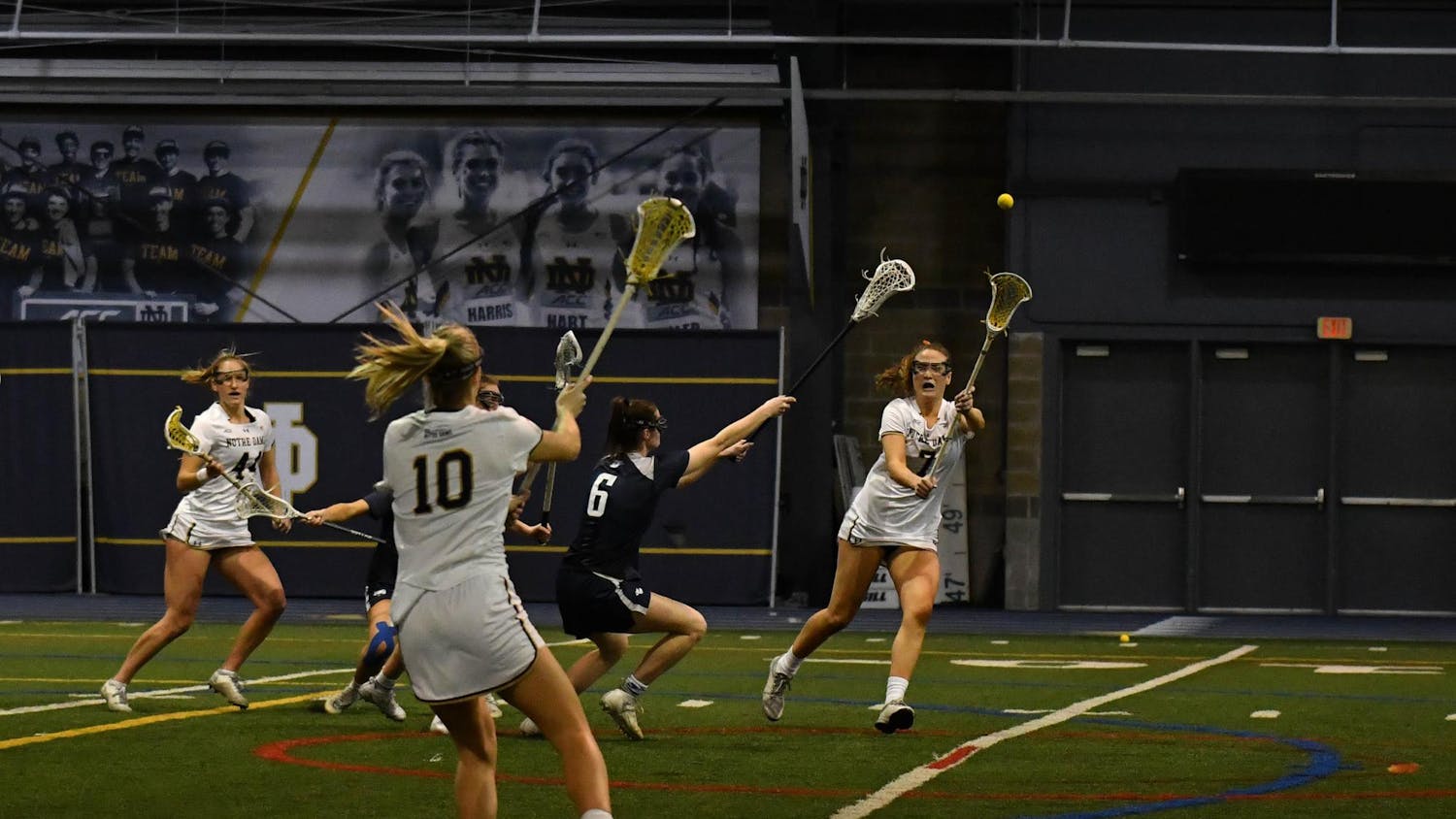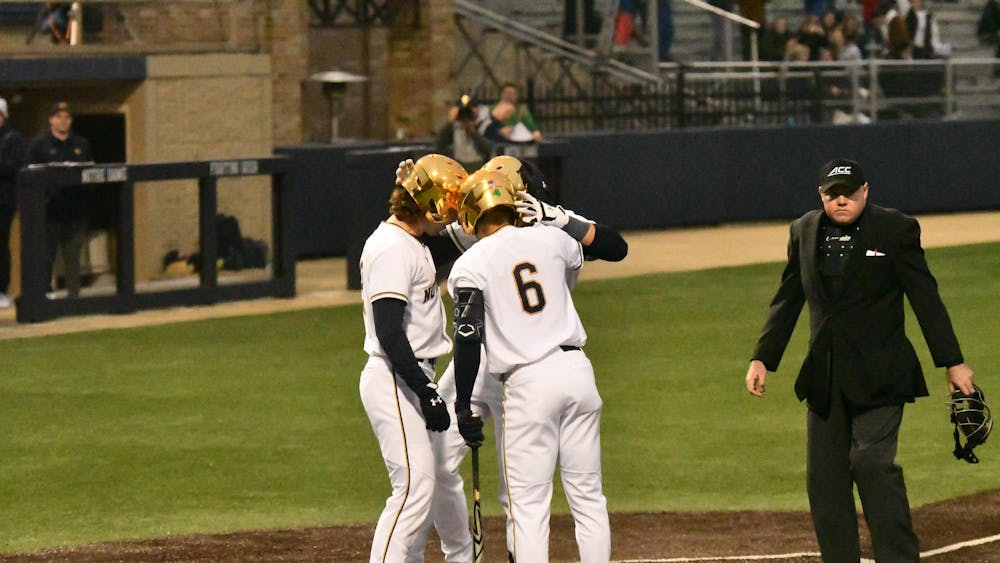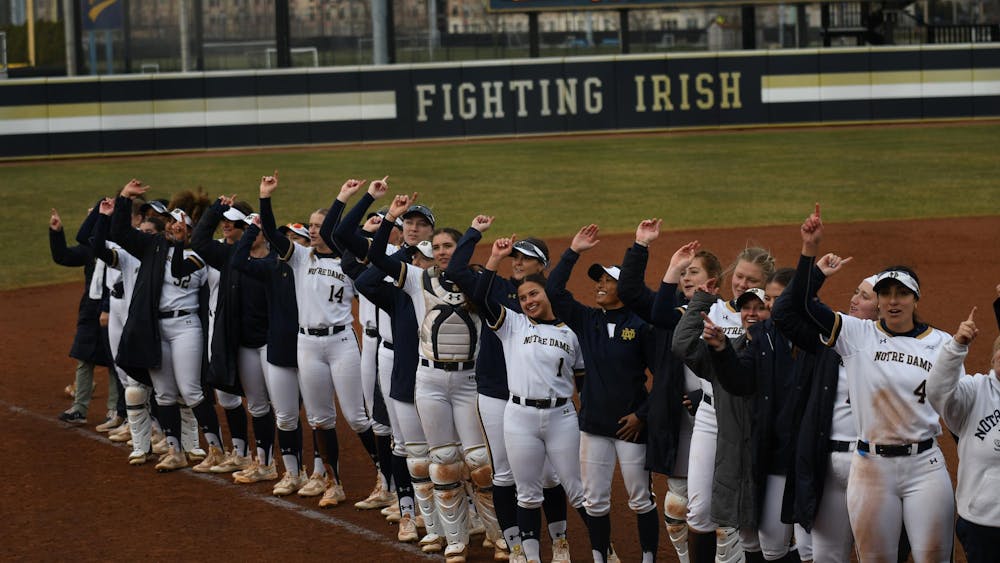Late last week, Louisville announced a self-imposed postseason ban for its men’s basketball program this season in response to allegations that prostitutes were used in the program’s recruiting practices.
The ban itself was not unprecedented; nearly a year ago, Syracuse announced its decision to not participate in postseason play amidst allegations of academic misconduct. As was the case in Syracuse’s scandal, Louisville likely hopes taking the initiative of banning itself from the postseason will mitigate some of the penalties handed down by the NCAA once the governing body completes its investigation.
The recent developments in the scandal highlight two separate rules in the NCAA that need adjustment. The first is simply the allowance of midseason self-imposed bans. Yesterday, Ben Padanilam addressed this point within the context of Louisville’s ban in detail, characterizing the ban overall as misguided.
This interpretation of the situation is absolutely correct. Permitting teams to announce sanctions midseason is nothing short of ridiculous. Because players who were not involved in wrongdoing are regularly the ones who have to deal with NCAA sanctions, allowing any bans to be placed midseason definitely should be regarded as unfair. Historically, when postseason bans have been placed in the offseason by the NCAA, players were given the chance to transfer to another school immediately without having to redshirt a year, which is typical protocol for non-graduate transfers. Obviously, this option cannot reasonably exist for players when their school decides midseason they will not attend postseason tournaments.
Moreover, while it is yet to be determined how much the self-imposed ban will ameliorate Louisville’s ultimate punishment, it seems dubious to reward teams for constructing their own punishments. The fact that Louisville announced the ban during a season in which it is a legitimate contender suggests how severe the program’s wrongdoings are, but that was certainly not the case last year when Syracuse assigned itself a ban in the middle of a underwhelming season which had very few projecting the Orange as an NCAA tournament team. It's far from sensible that Syracuse was potentially rewarded (the NCAA’s sanctions did not include any further postseason ban) for volunteering out of a postseason they likely would not have been a part of anyway.
In addition to the need for the NCAA to outlaw or at least not recognize self-imposed midseason bans, the Louisville situation brings to light, though less directly, the need for the NCAA to regulate its graduate transfer rules.
When the news of the ban broke over the weekend, the typical reaction across the sports world was to sympathize with Louisville’s star grad transfers Trey Lewis and Damion Lee, who were essentially cheated out of their last year of college basketball. While the midseason ban is certainly unfair to Lewis and Lee, the grad transfer rule that allowed both of them the chance to play at Louisville this year is perhaps equally unfair.
In recent years, the grad transfer rule, which provides players who have graduated but still possess one year of eligibility the opportunity to immediately play at another school, has become popular among college programs. While the idea of letting college graduates transfer schools for specific graduate programs is not intrinsically bad, the rule has undeniably gotten out of hand. According to NCAA data, only approximately 32 percent of college basketball graduate transfers actually earn graduate degrees, and in football the number is an even lower 24 percent.
It is naïve to suggest colleges and the NCAA currently prioritize academics over athletics or will so in the future. But the expansive tolerance of graduate transfers only further enlarges the discrepancy between players being students and student-athletes.
So, while Louisville’s self-imposed policing efforts were undeniably unfair, it doesn’t seem egregious to hypothesize that Trey Lewis and his undergraduate communications management degree are collectively taking advantage of an entirely separate rule the NCAA needs to adjust.













